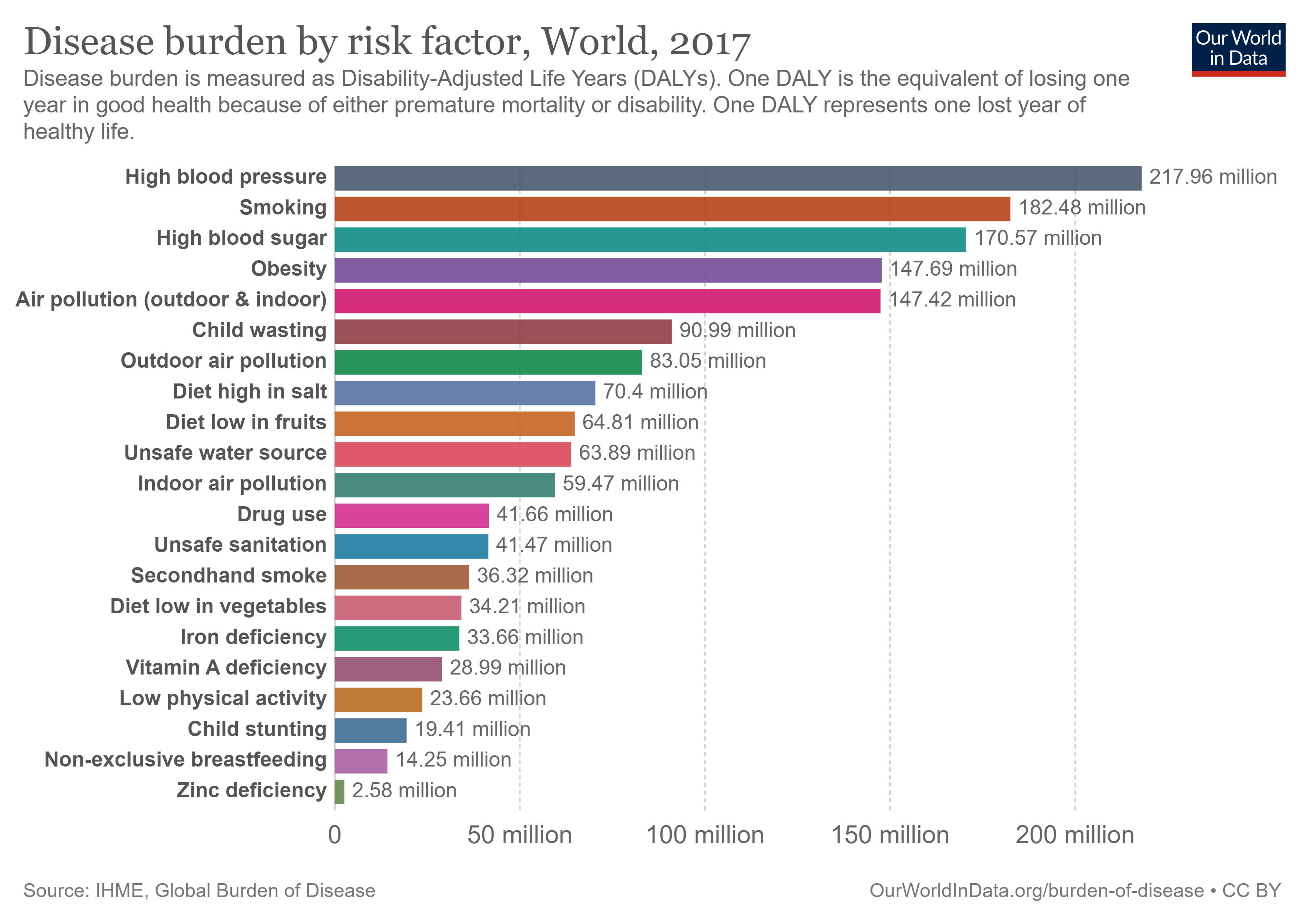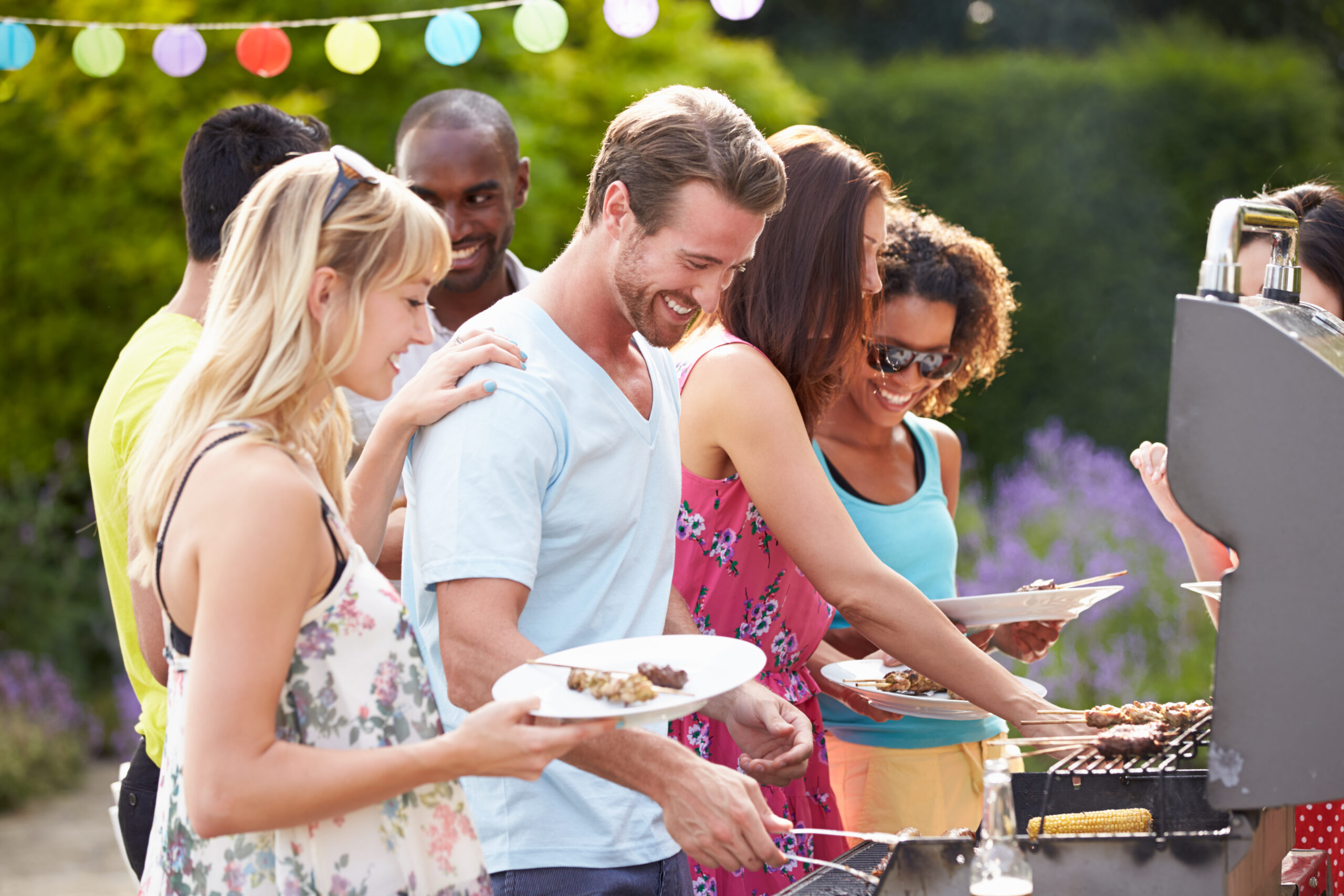Trying a cigarette, ditching school, and hiding a bad grade on a test – probably three of the most common “peer pressure” activities that are experienced in the adolescent age.
I wish I could say peer pressure ended in high school. But it seems it’s something that lingers and evolves into much more throughout the various stages of life.
It’s important to realize that just because peer pressure rears its head throughout life, there is absolutely no need to cave in and agree to do something you don’t want to. As has been reinforced more and more recently – “no” is a full sentence.
I’m here to stand by your side, support you in standing up for your highest good, and saying “no thanks” to anything that is being pushed on you. I’ve disposed of it. Peer pressure holds no power over me.
Would you say you feel internally impacted by peer pressure? Most of us have experienced that – butterflies in our stomach or anxiety. Have you stopped to think how it is affecting your health (anxiety levels, depression, high blood pressure)?
Social interactions deemed “negative,” are ones that include “exchanges or behaviors that involve excessive demands, criticism, disappointment or other unpleasantness.”*
In a study to determine the effects that negative social interactions have on likelihood of hypertension (a risk factor for cardiovascular disease and stroke), it concluded “negative social interactions may also be linked to increased hypertension risk through their effects on health behaviors.”*
The gravity of the situation depends what a person is pressuring you about – whether it be alcohol, insisting you skip your daily exercise regime, trying to convince you to “just try” a drug, and the list goes on.
To underscore the magnitude of high blood pressure in society, The Institute for Health Metrics and Evaluation, Global Burden of Disease released the following slide to depict “Disease burden by risk factor” for the world. High blood pressure takes an astounding lead of 217.96 million followed closely by smoking at 182.48 million.

Interestingly enough, “women are thought to be more sensitive to the quality of their social interactions” and “have more negative psychological responses to social stress than men.”*
Let’s flip the script and look at the profound impact of positive social influence.
When we surround ourselves with people who lift us up, support us and don’t hound us in how we choose to live – it impacts us on not only a superficial and social interaction level, but most definitely within. Our spirits get lifted. Anxiety simmers down. Our emotional bucket is nice and full. That in turn compounds into a more relaxed body and less stress on our blood pressure. When we feel good inside and out, it doesn’t take such a toll on our wellbeing. Disease, chronic illness, and ailments encroach on our lives without being invited. So why help them along?
Pressure is pressure. And having the exertional force of dealing with someone trying to talk us into something we don’t want to do, partake in, or consume by choice can push us into the fight or flight mode.
What I’ve learned and what’s been magnified most definitely the past couple years is that most individuals “pressure” others because they want to validate their own decisions, vices, or habits. What works for them, what they choose to do, is not mandated on me.
Let’s take a person with diabetes for example. Peer pressuring them into having a large slice of sugary cake isn’t beneficial. Now, stop to ponder, why push a large slice of cake on anyone? Health condition or not – let the individual be, choose, and ask for what they want. Defense vs. offense.
I dream of a day when social gatherings and the resulting interactions are more like playing offense not defense. And for those groups of us that have chronic illness or invisible illness? It’s our individual choice to open up about any personal health matter to validate our decision whether to partake or not. We do not have to share anything we don’t want to.
Let’s try to respect each other’s independent decisions and life choices. It may come naturally to some, yet require work for others.
There have been countless times in years past that I caved into peer pressure and you know the emotions I felt after the fact? Guilt and frustration. Not at those who pressured me into it – but at myself. Why wasn’t I stronger? What was I afraid of? Why is saying “no” so hard for me?
I’ve come to learn that people who truly, unwaveringly stand by your side, will stand by your side no matter if you say “yes” or “no.” Love people, support people, embrace people for who they are.
I’ve learned to lean into mindfulness practices, maintaining a higher degree of self-awareness, and choosing the path that I feel best intuitively with.
Do you turn within during times of peer pressure? If not, I encourage you to really check in with yourself. Let’s respect each other and allow for choices to be made on an individual level – without simultaneous one-sided influence.
You know the old saying “lack of planning on your part does not constitute an emergency on mine?” I liken peer pressure to that.
*Source: Sneed RS, Cohen S. Negative social interactions and incident hypertension among older adults. Health Psychol. 2014;33(6):554-565. doi:10.1037/hea0000057
Coming next: UCLA doctor says diabetes on the rise; global obesity escalates
Please consider sharing this article with family, friends, neighbors, coworkers. Let’s help each other reach optimal health.
